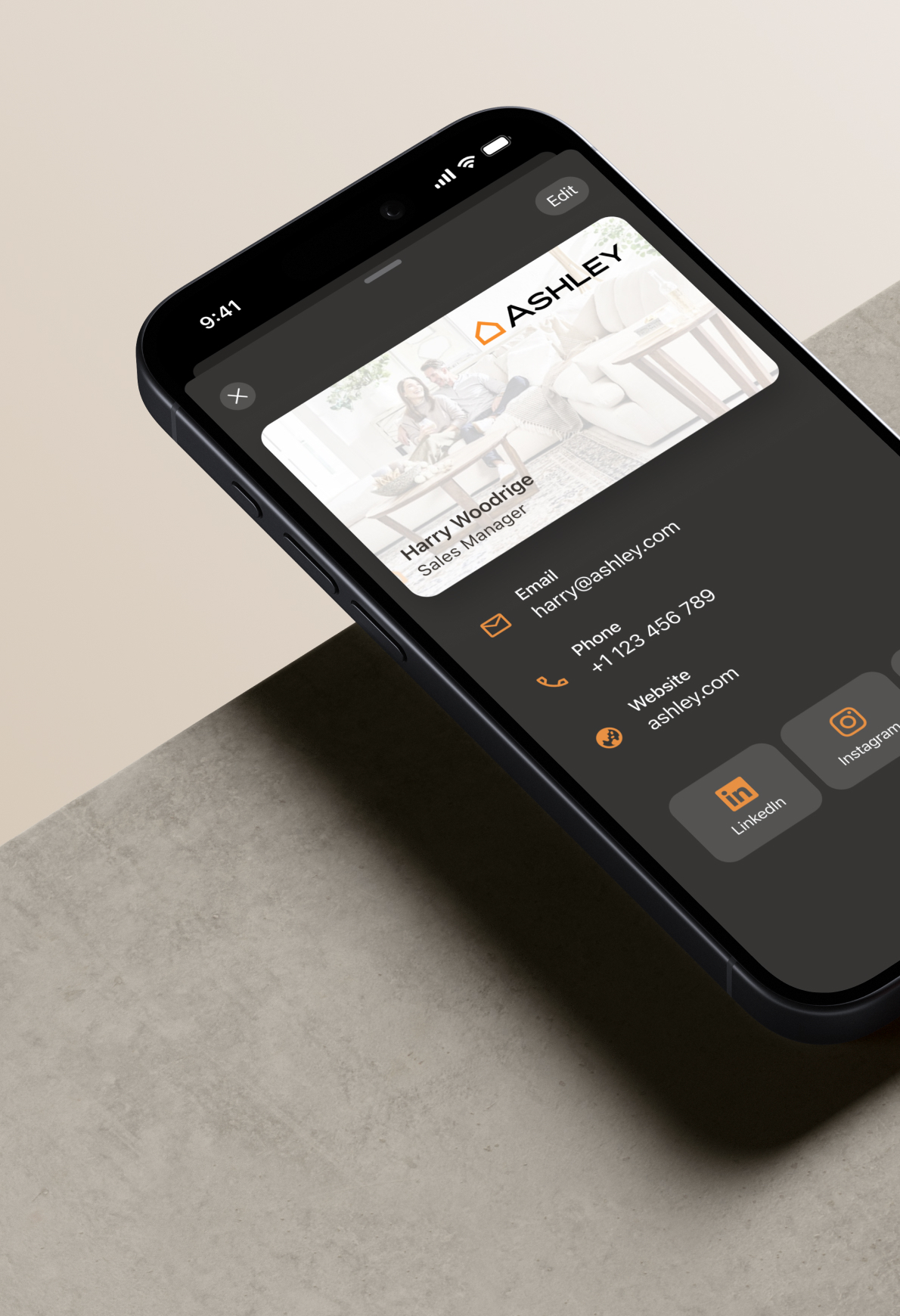
Vodafone Group, one of the world’s largest telecommunications companies, announced a global brand revamp last week which replaces its brand speech mark with ‘The future is exciting. Ready?’
According to the company’s Chief Commercial Operations and Strategy Officer, Serpil Timuray, Vodafone is repositioning the brand on the theme of ‘future optimism’, to reflect the view that digital innovations have significant benefits for individuals and for societies.
When a large global company updates its brand, the costs associated with the change are significant. Outside of the costs associated with the design agency working on the rebrand itself (normally in the hundreds of thousands of dollars), there are enormous costs associated with updating the company’s assets around the globe.
Updating the digital assets such as the company’s Facebook, Twitter and Instagram pages is easy. However, updating physical assets like street signs, building signage, in-store collateral, and exhibition material, as well as reprinting every printed asset, whether it is an advertising pamphlet, a business card or a contract - all these take time, effort and great cost (normally in the millions).
As part of its rebranding, and in line with its new brand positioning as a company willing to innovate, push the boundaries, and utilise technology to deliver a more exciting future, Vodafone has decided to walk the talk, and issue its newly designed business cards as digital business cards. This move meant that Vodafone could deploy its newly designed digital business cards to its entire global workforce on ‘rebrand launch day’ instead of a task that normally takes months to complete.
The move to digital business cards is not only likely to reduce its rebranding costs, but it also supports the new & fresh brand proposition, improves functionality and effectiveness when compared to the old paper cards, and is expected to save thousands of trees!
Vodafone has taken the opportunity to reassess key fundamental elements of its business and has in one stroke managed to show leadership in adopting new technology, walk the new brand positioning’s talk, and shave significant costs off its rebranding budget.
The decision to move to digital business cards followed an extensive internal assessment and selection process, including two pilots and dozens of Vodafone employees across several geographies. As a result of that process, Vodafone selected Australian startup Haystack as its exclusive digital business card provider for the global rollout.
Vodafone has performed the most extensive independent evaluation process into the various alternatives available when looking for a digital business cards solution. The test group’s unanimous vote to choose Haystack, is a testament to the leading position Haystack now occupies in this space’, said Ran Heimann, Founder & CEO of Haystack. ‘We’re seeing an increasing number of large companies embracing our solution in recent months either as part of a new rebranding exercise, or as part of a move to modern, more dynamic work spaces which offer employees a more mobile and less ‘paper-dependent’ work experience.



